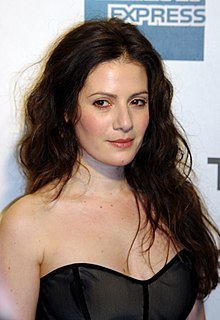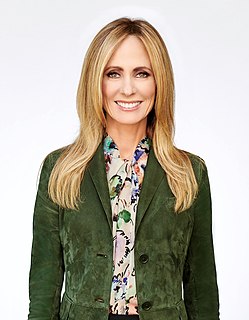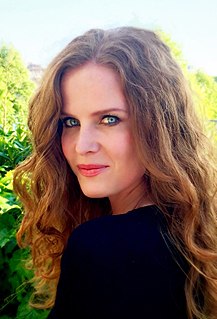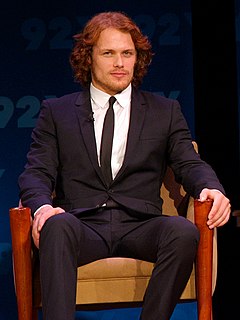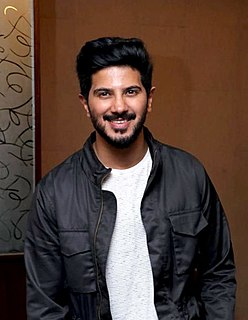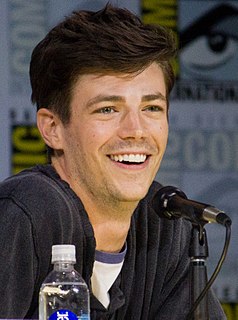A Quote by Alfonso Cuaron
I have my set rigged with the biggest sound system possible and have a mini jack for my iPod attached to my director's chair. I find playing music is a very direct way to communicate with actors and the crew, especially those crew members who are on the periphery of the set. I like dancing on set too, it's a good way to release tension.
Related Quotes
To go into more specifics regarding actors, whether they're from Korea or the U.S., all actors know if they are loved by the director. When they feel that love from the director, they respond by giving a great performance on camera. Also, everyone on set - the crew, the actors - they were aware of the film's message and its broad theme, so these big issues were never discussed on set.
I don't want to be like the actor who rehearses everything in the bathroom, then comes to the set and carries on completely uninterrupted while the other actors tiptoe away. I'm so dependent on reacting to the other actors on the set, and to the director. I'm very responsive. I react. And I treasure the energy that reaction gives. I feed off that and work off that. I don't like to be too prepared, no. However we define too prepared, if I feel it's getting that way, then I'll back off. My line-learning is very special. I like to learn the dialogue of the whole film before I arrive.
I had ambitions to set out and find, like an odyssey or going home somewhere, set out to find this home that I'd left a while back and couldn't remember exactly where it was, but I was on my way there. And encountering what I encountered on the way was how I envisioned it all. I didn't really have any ambition at all. I was born very far from where I'm supposed to be, and so, I'm on my way home, you know?
Once rehearsals are done the writer really doesn't have a function on the set. If the script is stabilized, then the writer becomes a celebrity tourist visiting the set, trying not to get in the way. It's very good for the ego, to go visit a film set if you are the writer, because they give you a special chair, and tell you where you can sit to watch the monitor. They make you feel special, but at the same time, they make it perfectly plain that you are irrelevant!
It's so easy to disappear into your character because there isn't all this fuss around you, and we keep a closed set, and closed off to all crew members, even, unless we're cut. A lot of times, you're doing a scene in a movie and there are literally 35 people standing behind the camera all waiting to do their job, but here they have to be off the stage. On The Office, it is very much just the actors, a cameraman and a boom operator, like a real documentary, like we really are being documented.



